
Shoppers buy fruit at a supermarket in Shijiazhuang, Hebei province. (Photo by Jia Minjie/For China Daily)
China's consumer inflation for April eased to the lowest level in over two years, underscoring the need for greater policy support to boost domestic demand and stabilize expectations, analysts said on Thursday.
While the world's second-largest economy is on track for a post-COVID-19 recovery, the foundation is not yet solid with internal drivers still weak and demand insufficient. The focus should be placed on spurring consumption, expanding effective investment and boosting confidence, they added.
The consumer price index, a main gauge of inflation, edged up 0.1 percent year-on-year in April, data from the National Bureau of Statistics showed on Thursday. The figure was lower than the 0.7 percent increase in March.
Darius Tang, associate director of corporates at Fitch Bohua, a subsidiary of Fitch Ratings, said the downward trend of CPI reflected that overall demand is still relatively weak.
Tang said that Fitch Bohua, however, does not believe there is a serious deflationary trend in China's economy, considering the CPI has not fallen into continuous negative territory, and the stable performance of core CPI.
The growth of core CPI, which excludes volatile food and energy prices and is deemed a better gauge of the supply-demand relationship in the economy, was 0.7 percent year-on-year in April.
"Deflation is often accompanied by a decrease in the money supply, which is also not the case," Tang added.
China's aggregate monetary condition has remained accommodative with the country's broad money supply up 12.4 percent year-on-year by the end of April, according to data from the People's Bank of China, the country's central bank, released on Thursday.
"I don't see the risk of deflation here (in China)," Krishna Srinivasan, director of the International Monetary Fund's Asia and Pacific Department, said at a news conference on Thursday. China's inflation rate may rise in the future given a rebound in activity and the output gap — the difference between actual output and potential output — likely narrowing, he said.
NBS data showed China's GDP growth rebounded to a stronger-than-expected 4.5 percent year-on-year in the first quarter after reaching 2.9 percent in the last quarter of 2022.
Citing China's potential growth rate of between 5 and 6 percent, Wang Jinbin, deputy dean of the School of Economics at Renmin University of China, said the output gap is narrowing. He called for more steps to boost demand, spur consumption and to keep narrowing the output gap.
"China's mild inflation level leaves room for the government to step up macro policy support for boosting demand," Wang said.
Thursday's official data showed the producer price index, which gauges factory-gate prices, was down 3.6 percent from a year earlier.
Zhou Maohua, an analyst at China Everbright Bank, said the decline in PPI will help ease high cost pressures for some midstream and downstream manufacturing firms, as commodity prices are still higher than at the end of 2019.
Given the steady economic recovery and gradual rebound in consumption, Zhou expects that the CPI growth rate will accelerate and producer prices will gradually stabilize, adding that China's overall inflation level will remain mild and controllable in 2023.










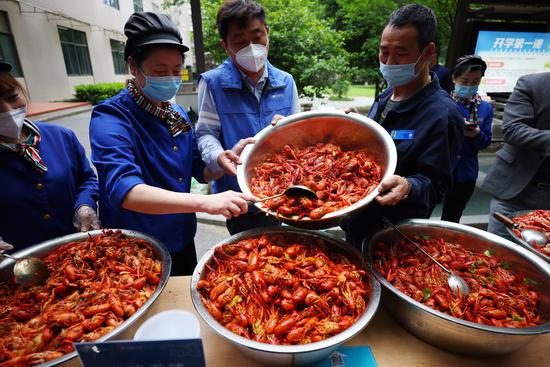


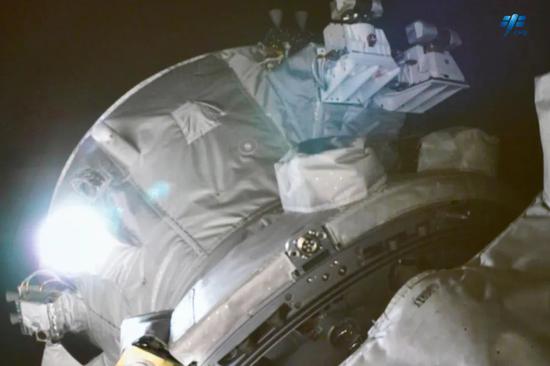
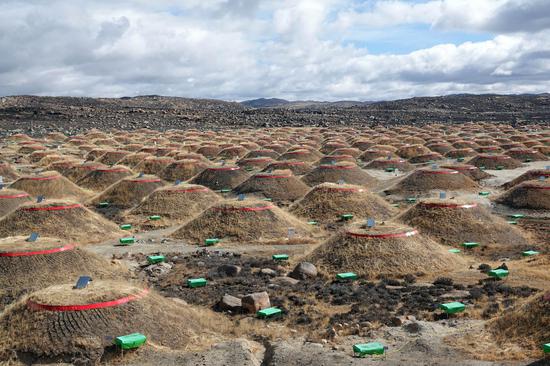
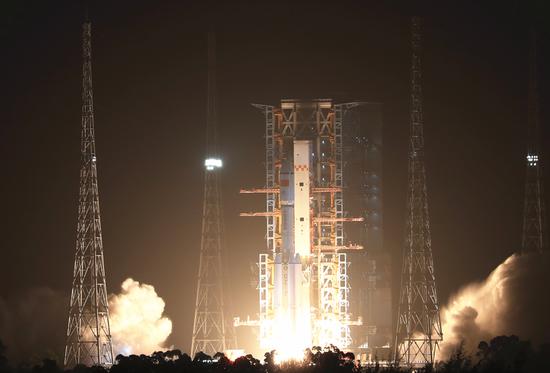



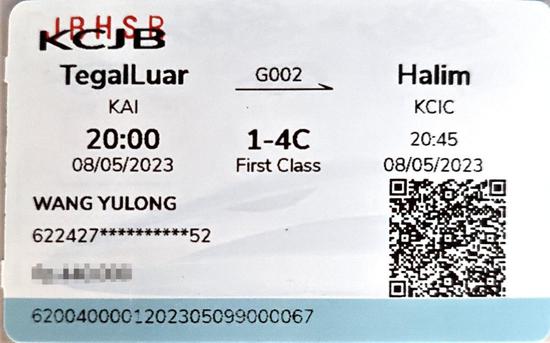

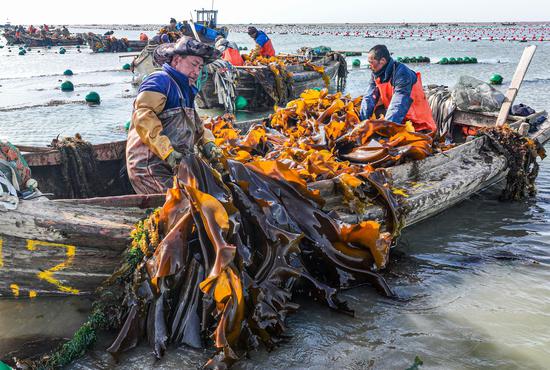






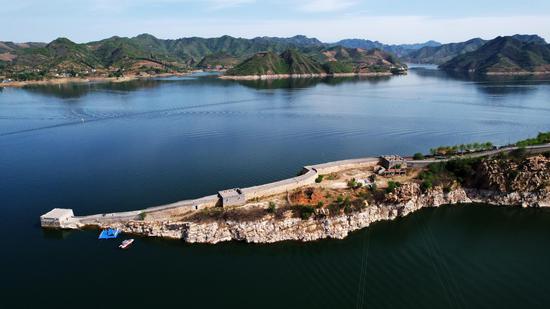

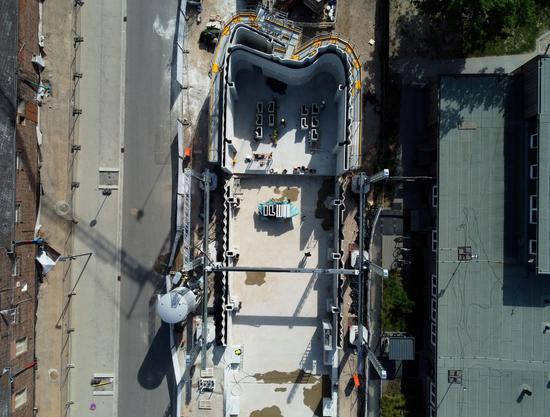
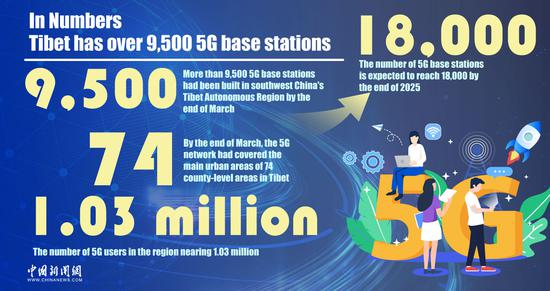

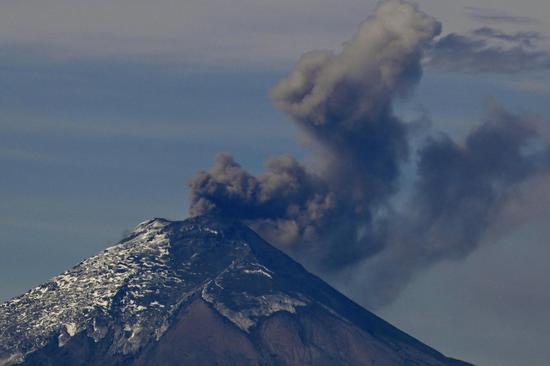

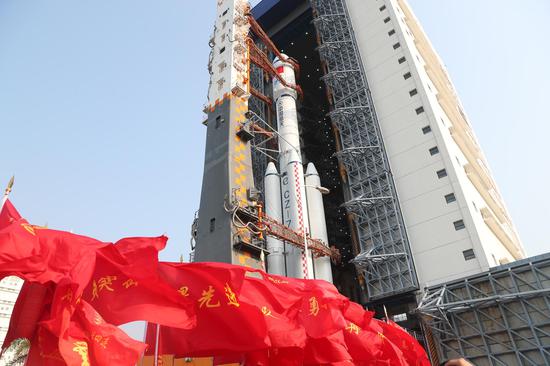
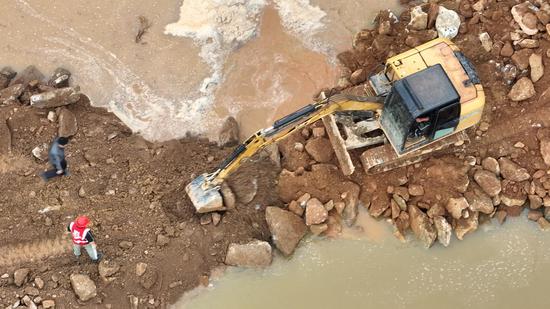


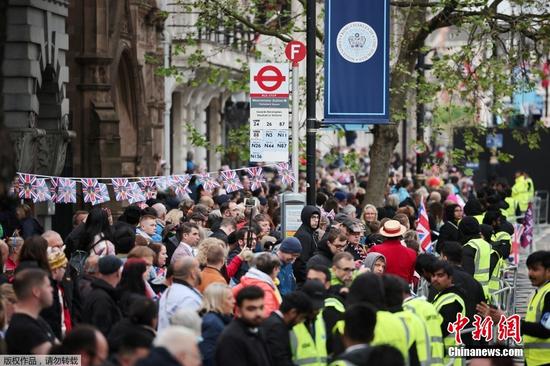










 京公网安备 11010202009201号
京公网安备 11010202009201号